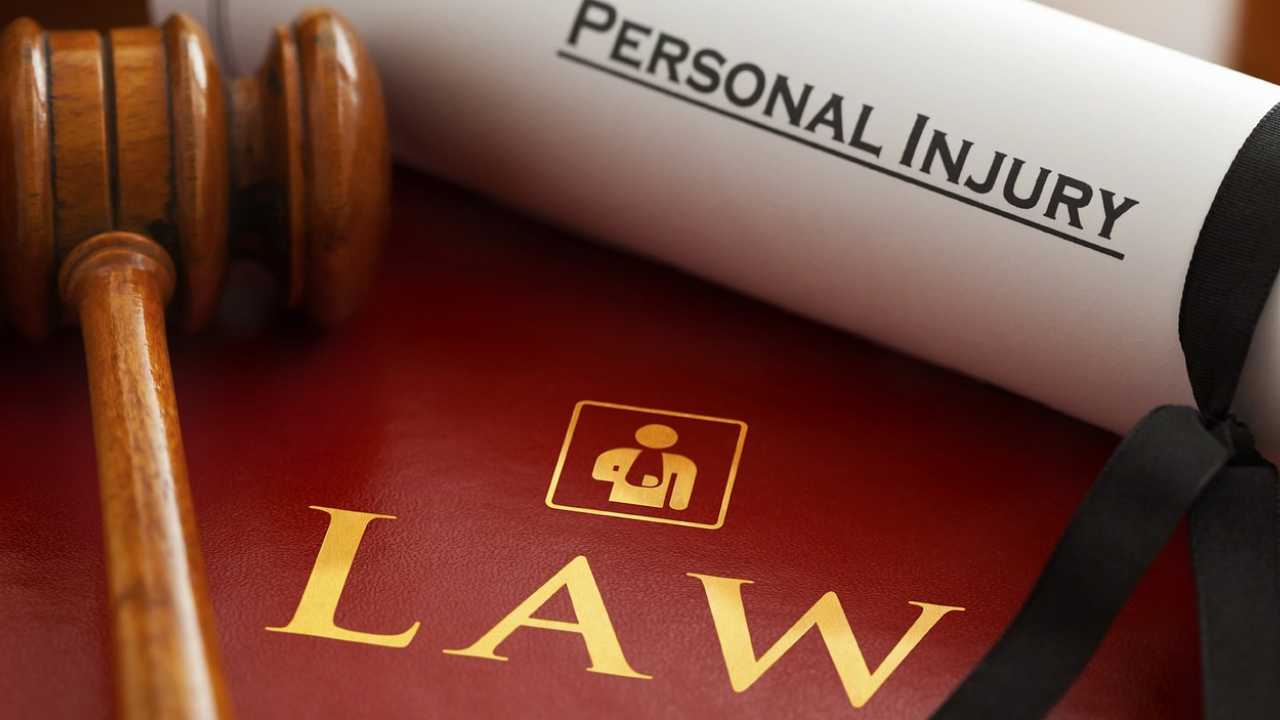

Sponsored Ads

Sponsored Ads

Accidents happen unexpectedly, and when they do, victims are left to face one of the biggest questions: what comes next?
Filing a personal injury claim or lawsuit might be necessary to seek compensation, but what’s the difference between these two? This article answers this question.
Regardless of a personal injury case or lawsuit, it helps to hire a personal injury attorney. The legal expertise they bring to the table is second to none. They will offer the legal assistance required to get the compensation you deserve.
Personal Injury Claim vs. Lawsuit: What’s the Difference?
When someone is injured due to another person’s negligence, they can seek compensation in two primary ways: filing a personal injury claim or pursuing a lawsuit. However, these terms are not interchangeable, and understanding the difference can save time, money, and stress.
What Is a Personal Injury Claim?
Think of a personal injury claim as an informal request for compensation. When you file a claim, you ask the at-fault party (or their insurance company) to pay for the damages and losses you’ve suffered. This usually starts with a demand letter outlining what happened, how much you’re seeking compensation, and why you believe the other party is responsible.
If the insurance company agrees to your claim, you might settle and never have to set foot in a courtroom. But if they don’t, this is where things can escalate.
What Is a Personal Injury Lawsuit?
A personal injury lawsuit is the next step when a claim can't be resolved. This is a formal legal action filed in civil court, where you are now the “plaintiff,” and the person or entity you’re suing becomes the “defendant.”
In a lawsuit, you ask the court to decide your compensation if a settlement can’t be reached through out-of-court negotiations. Interestingly, only about 5% of personal injury cases go to trial, meaning most are settled long before a judge or jury ever hears the case.
Why File a Claim First?
Filing a personal injury claim is often the preferred first step because it can be quicker, less expensive, and less stressful than going to court. If the insurance company offers a fair settlement, the matter might be resolved in a few months.
You avoid the lengthy process of a lawsuit and save on court fees. Plus, a claim can give you a sense of how much your case is worth without the uncertainties of a trial.
The Role of Insurance Companies in a Claim
Once a claim is submitted, it’s up to the insurance company to decide how much they’re willing to pay. Sometimes, they accept the claim and make a reasonable offer. Other times, they might offer much less than expected—or deny the claim outright.
This is where hiring a personal injury attorney makes a difference. An attorney can negotiate on your behalf, ensuring the settlement you get truly covers your losses, including medical bills, lost wages, and any future expenses related to the injury.
When to File a Personal Injury Lawsuit
Only some cases can be resolved with a simple claim. If the insurance company refuses to pay a fair amount or denies liability altogether, filing a personal injury lawsuit becomes necessary.
A lawsuit can also be an option if the settlement process drags on and you’re running out of time—since most states have strict deadlines for when you can file a claim, known as the statute of limitations.
Conclusion
The decision to pursue a personal injury claim or a lawsuit depends on your situation. If the insurance company is willing to offer a fair settlement, a claim might be the quickest, least stressful option. But if they’re dragging their feet or not offering enough, a lawsuit is the best possible course of action.
Whichever route you choose, remember that having an experienced personal injury lawyer by your side makes a significant difference. They know the ins and outs of negotiating with insurance companies. They’ll fight to ensure you get the compensation you deserve, whether it’s through a claim or a courtroom battle.
Sponsored Ads

Sponsored Ads

